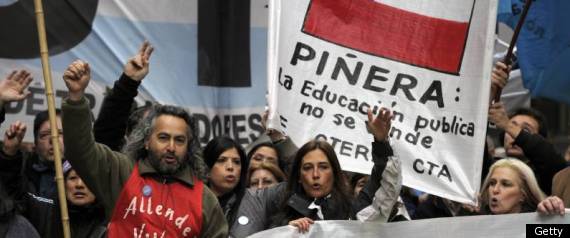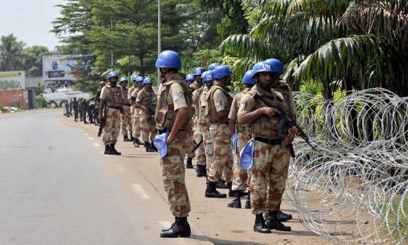By Terance Walsh
Impunity Watch Reporter, Europe
SARAJEVO, Bosnia and Herzegovina — The trial of Albina Terzic for charges of inhuman treatment of prisoners began Tuesday. Terzic, the first woman to be tried for war crimes in Bosnia, must account for the allegations of crimes stemming from the war in Bosnia and Herzegovina. If she is convicted she will be just the fifth woman in the world convicted for war crimes. Terzic entered a plea of not guilty in response to the charges.
 The trial for Albina Terzic for warcrimes began this week (Photo courtesy of Radio Netherlands)
The trial for Albina Terzic for warcrimes began this week (Photo courtesy of Radio Netherlands)
Terzic’s indictment, filed in April 2011, states she, “used to hit [the detainees] with a police baton on their necks, shoulders and heads, slap them, encouraged dogs to attack them, tortured, abused, humiliated and insulted them in various ways, by, among other things, forcing the detainees into having sexual intercourse or other forms of sexual violence.” The alleged mistreatment occurred in a school building and a factory in Odzak from May to July 1992.
Prior to her indictment Terzic had certain prohibitive measures ordered against her. She was deemed a flight risk and was ordered to turn over her travel documents and refrain from using photo identification for crossing the state border.
Only one other woman from Bosnia has been convicted for war crimes and she was tried in The Hague. Biljana Plasvic plead guilty to crimes against humanity and was released from prison in 2009 after serving most of her 11-year sentence. About twenty to thirty women are currently being investigated for war crimes by the State Prosecutor’s office. Two women accused of committing war crimes were apprehended in the United States earlier this year.
Azra Basic, who went by the alias “Issabell”, was arrested in Stanton, Kentucky last May. She is accused of abusing and murdering civilians in 1992 in Derventa prisons.
Last April Rasima Handanovic was arrested in Oregon for helping the Army of Bosnia attack a village in central Bosnia. The attack left sixteen dead and four injured.
A 2010 report from the International Court Tribunal for Yugoslavia reported only 526 female fatalities out of 62,626 total combatant fatalities in the war. About 5,360 of the 90,000 troops serving with the predominantly Bosniak Army of Bosnia and Herzegovina were women.
Boris Grubesic of the State Prosecutor’s Office posited that the low number of women prosecuted for crimes from the Bosnian war accurately corresponds to the low number of women who fought in the war. “Women are not usually included in warfare. During the war [in Bosnia] it was unusual for women to participate in the police or in armies.
For more information please see:
RTVFAN — First Woman Faces War Crimes Trial in Bosnia — 5 October 2011
BIRN — Albina Terzic: Not Guilty Plea — 15 June 2011
BIRN — Indictment Against Albina Terzic — 29 April 2011
BIRN — Prohibiting Measures Against Albina Terzic Orderd — 28 April 2011


